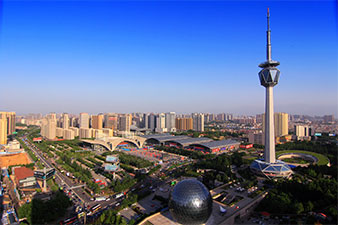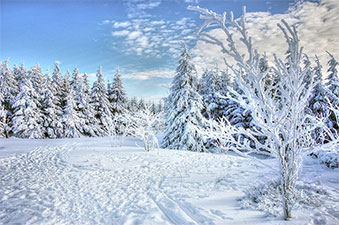2019 IEEE SPS Summer School Intelligent Signal and Information Processing
July 14-31, 2019
Registration Deadline: May 5, 2019
Location: Xi’an, China
Website

July 14-31, 2019
Registration Deadline: May 5, 2019
Location: Xi’an, China
Website
Are you looking to energize signal processing students, early stage researchers, and industry practitioners in your area? Consider hosting a Seasonal School for young engineers near you!

Title: Machine Learning/Speech research internship @ Seattle, WA
Time: Summer/Fall 2019
About You
A wiliness to be a better you on a day by day basis.
About Us:
We enable hundreds of millions of commercial and social interactions among our users, between consumers and merchants, and among businesses every day though speech.
What You’ll Do
Postdoctoral Research Grant (BPD) for the R&D Integrated Program “C4 – Centro de Competências em Cloud Computing”
Reference: “C4_MP_D1-b (En)”
The following lists all the past chairs and members of the SPS Computational Imaging Technical Committee.
*NOTE: View the full downloadable list (right-click, Save As to save file).
A novel scheme of edge detection based on the physical law of diffusion is presented in this paper. Though the most current studies are using data based methods such as deep neural networks, these methods on machine learning need big data of labeled ground truth as well as a large amount of resources for training. On the other hand, the widely used traditional methods are based on the gradient of the grayscale or color of images with using different sorts of mathematical tools to accomplish the mission.
Retrieving specific persons with various types of queries, e.g., a set of attributes or a portrait photo has great application potential in large-scale intelligent surveillance systems. In this paper, we propose a richly annotated pedestrian (RAP) dataset which serves as a unified benchmark for both attribute-based and image-based person retrieval in real surveillance scenarios. Typically, previous datasets have three improvable aspects, including limited data scale and annotation types, heterogeneous data source, and controlled scenarios.
Image annotation aims to annotate a given image with a variable number of class labels corresponding to diverse visual concepts. In this paper, we address two main issues in large-scale image annotation: 1) how to learn a rich feature representation suitable for predicting a diverse set of visual concepts ranging from object, scene to abstract concept and 2) how to annotate an image with the optimal number of class labels.